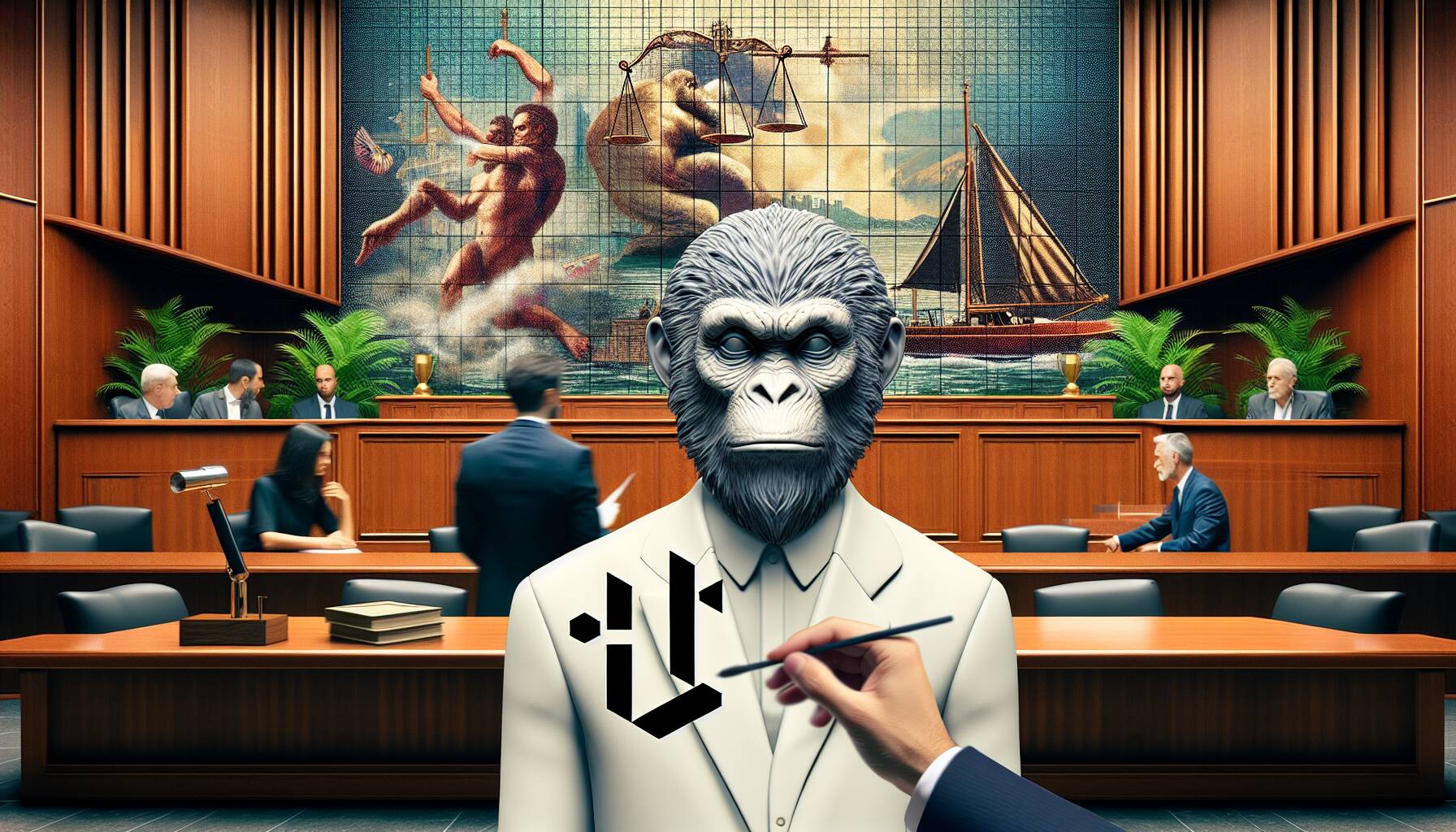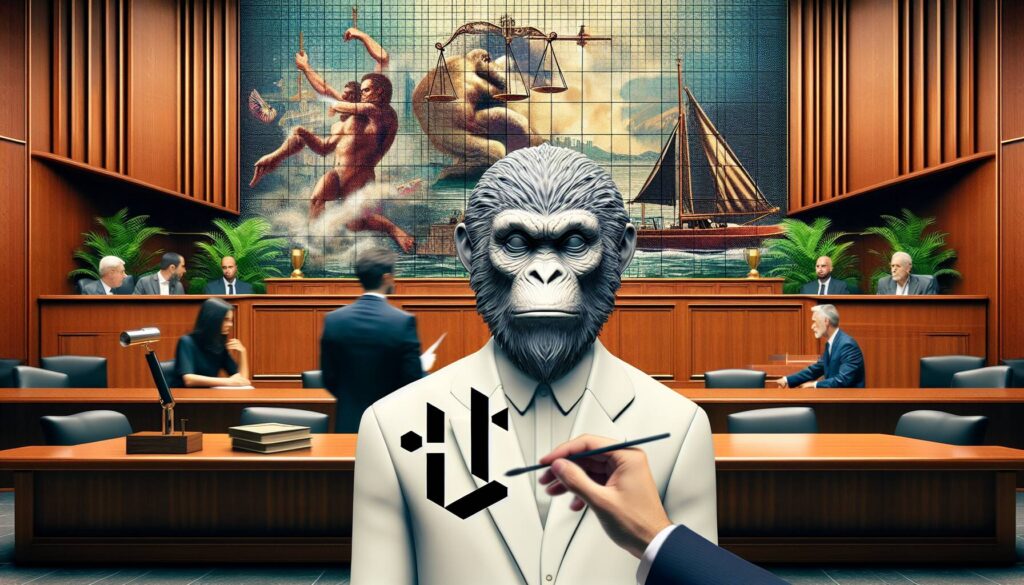The ongoing legal saga surrounding the Bored Ape Yacht Club (BAYC) non-fungible tokens (NFTs) took a significant twist this week as the U.S. Court of Appeals for the Ninth Circuit made a pivotal ruling. On Wednesday, the court overturned a previous decision made by a lower court, which had sided with Yuga Labs, the creator of BAYC, in its trademark infringement lawsuit against Ryder Ripps and Jeremy Cahen, the creators of the RR/BAYC NFT collection. This latest development sends the case back for a new trial, pressing Yuga Labs to further substantiate its claims regarding trademark harm.
At the heart of the dispute is the contention that Ripps’ collection was intended as a “satirical” commentary on the original BAYC NFTs. Yuga Labs had accused Ripps’ NFTs of infringing on its trademarks and of cybersquatting, arguing that the similarities between the two collections could mislead consumers. However, the appeals court noted that while Yuga Labs had established its claim to the trademark, it had not convincingly demonstrated that Ripps’ NFTs produced any actual confusion among potential buyers.
“Yuga may ultimately prevail on these claims, but to do so it must convince a factfinder at trial,” the court’s ruling stated.
This ruling adds complexity to the case, particularly in light of a previously levied substantial fine against Ripps exceeding $8 million, which is now under reevaluation. As the NFT landscape continues to evolve with increasing scrutiny over intellectual property rights, this case highlights the ongoing legal battles that are becoming commonplace in the cryptocurrency industry.

Bored Ape Yacht Club NFT Legal Battle
Key points regarding the ongoing legal dispute over NFTs and trademark considerations:
- Appeals Court Ruling: The U.S. Court of Appeals for the Ninth Circuit overturned a lower court’s ruling, requiring Yuga Labs to better demonstrate their claims.
- Trademark Ownership: Yuga Labs holds trademarks for the Bored Ape Yacht Club NFTs, establishing priority over the intellectual property.
- Ryder Ripps’ Defense: Ripps argues that his NFT collection serves as a satirical response and not as an attempt to mislead buyers.
- Confusion Found: A previous summary judgment indicated that Ripps’ collection did cause confusion due to similarities in imagery.
- New Trial Required: The case is sent back to the district court for a new trial to reassess the claims without a definitive ruling on trademark infringement.
- Financial Implications: Ripps previously faced over $8 million in fines; however, the outcome of the new trial could significantly impact this amount.
The outcome of this case could influence how NFTs are perceived legally, affecting creators and buyers in the digital asset space.
Legal Battle Over NFTs: Yuga Labs vs. Ryder Ripps
The recent ruling by the U.S. Court of Appeals for the Ninth Circuit has reignited the contentious legal dispute between Yuga Labs, the creator of the Bored Ape Yacht Club (BAYC) NFTs, and Ryder Ripps, who released a satirical NFT collection known as RR/BAYC. This case highlights critical aspects of trademark law in the rapidly evolving NFT space, drawing comparisons with other legal challenges faced by digital artists and creators.
Competitive Advantages: Yuga Labs has established a strong brand identity with the BAYC collection, making it a leader in the NFT market. The recent court ruling reaffirms its trademark rights, which could enhance its market positioning and instill confidence among buyers and investors regarding the legitimacy of its products. On the other hand, Ripps’ argument for satire opens a dialogue about artistic expression and freedom in digital creations, potentially appealing to a segment of the audience that values innovation and critique in art.
Disadvantages: Despite the court’s acknowledgment of Yuga Labs’ trademark, the requirement to present stronger evidence suggests potential vulnerabilities in their legal strategy. If Yuga fails to convincingly demonstrate confusion among consumers at the retrial, this could undermine its branding efforts and affect sales. Conversely, the satirical nature of Ripps’ NFTs might attract criticism for leaning too heavily into parody, which could divide opinions among NFT collectors and creators.
Beneficiaries and Challenges: The outcome of this legal battle may benefit both parties differently. Collectors and fans of BAYC might find reassurance in Yuga Labs prevailing, ensuring the integrity and value of their investments. Meanwhile, artists who explore satire and commentary in their work could gain inspiration from Ripps’ defense, promoting a richer dialogue about the boundaries of creativity in the NFT space. However, both parties could face backlash: Yuga for perceived heavy-handed enforcement of trademarks, and Ripps for potentially diluting the value of intellectual property through satire.

















